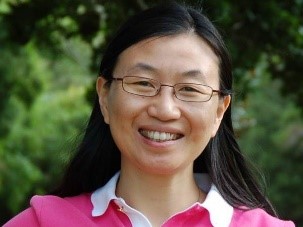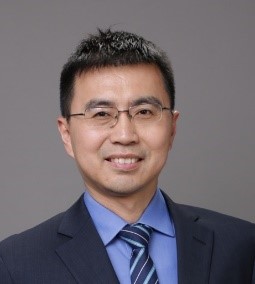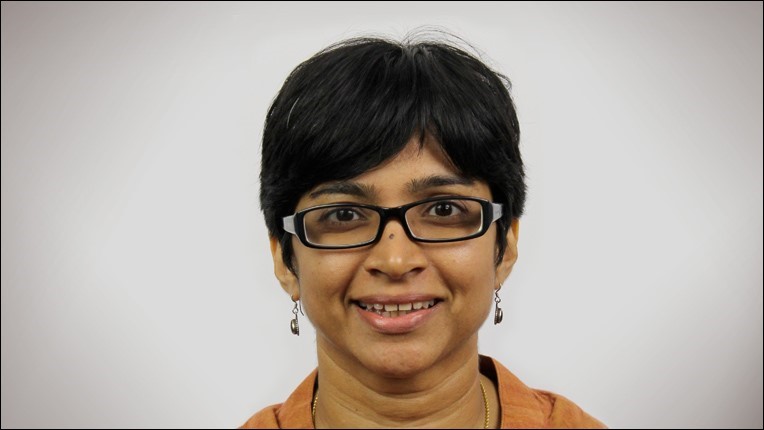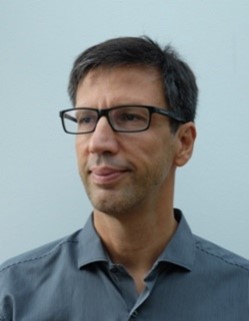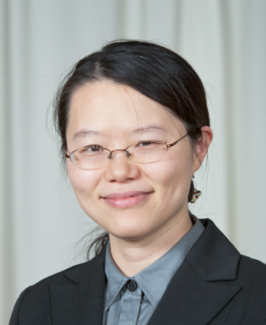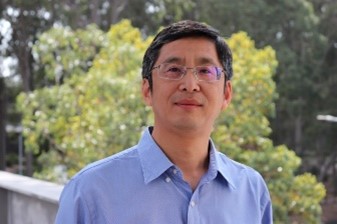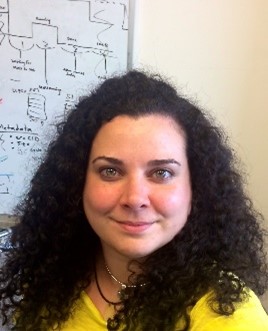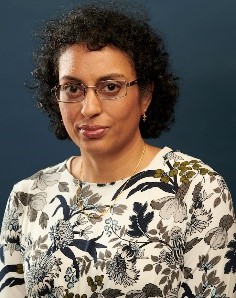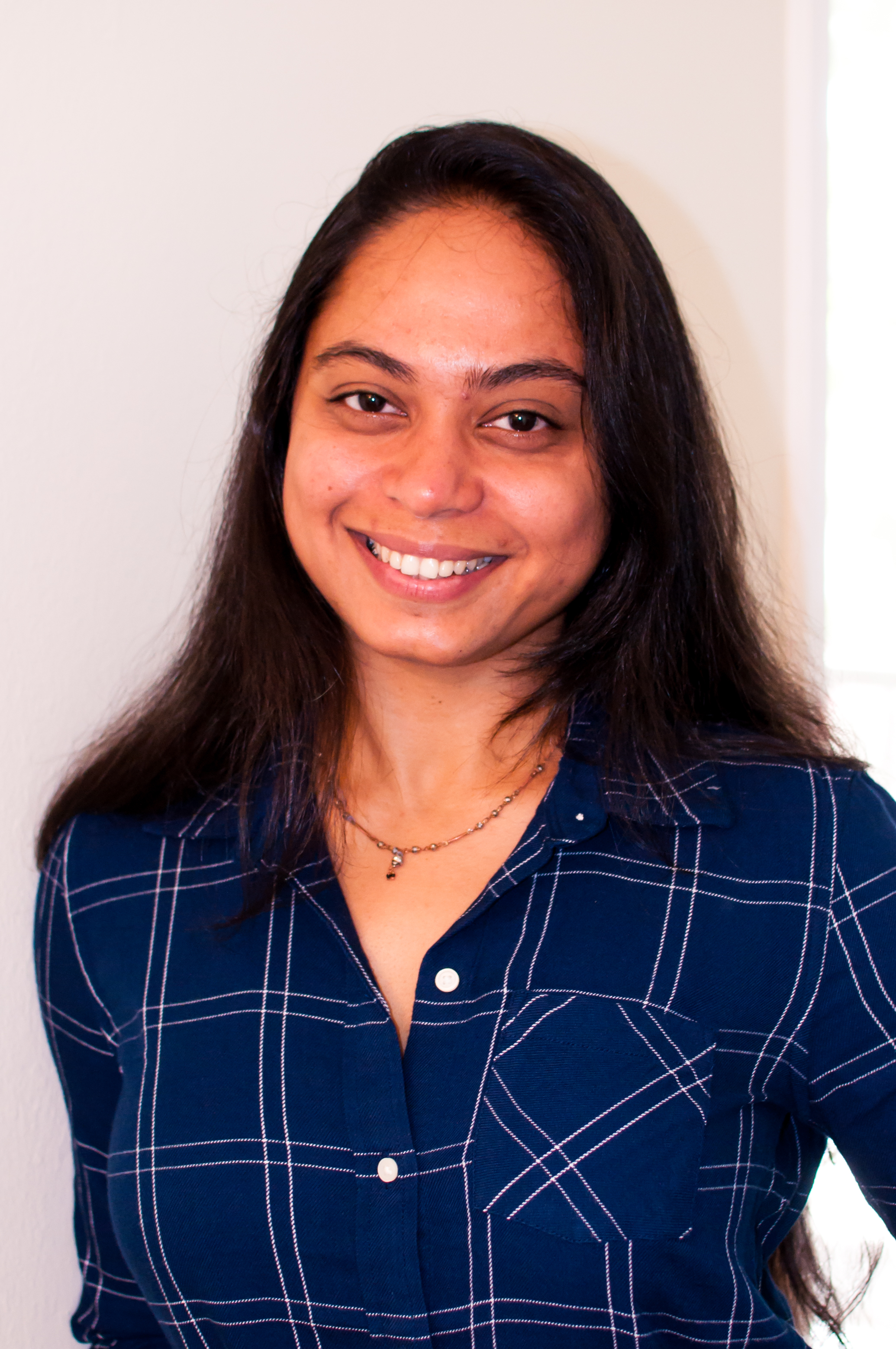Cloud Intelligence Workshop Program
Schedule: 11:00am - 7:30pm CET on May 29th, 2021Location: Virtual
Opening Remarks
Keynote: From Software Analytics to Cloud Intelligence - Reflection and Path Forward
Dongmei Zhang, Microsoft Research Asia
Talk Abstract
Software Analytics focuses on utilizing data-driven approaches to help improve the quality of software systems, the user experience of interacting with software systems, and the productivity of software development process. Software Analytics is an important research area in the software engineering community for more than a decade. It has already made broad impact in software industry. As the computing paradigm was shifting towards cloud computing, we started to focus our Software Analytics research on cloud computing and created the research topic Cloud Intelligence. Cloud Intelligence targets at utilizing AI/ML technologies to help design, build, and operate high-quality and high-efficiency cloud systems at scale. Due to the distributed nature, great complexity, and enormous scale of cloud systems, Cloud Intelligence presents unique challenges and opportunities to the Software Analytics research. In this talk, I will first introduce the research landscape of software analytics and Cloud Intelligence. Then using a couple of projects as examples, I will talk about our research on Cloud Intelligence and its impact, as well as the research challenges and opportunities in Cloud Intelligence moving forward.
Technical paper session #1 (Detection and Diagnosis)
4 papers *15 mins = 60 mins
Kmon: An In-kernel Transparent Monitoring System for Microservice Systems with eBPFTianjun Weng, Wanqi Yang, Guangba Yu, Pengfei Chen, Jieqi Cui, Chuanfu Zhang (Sun Yat-sen University)
PerfEstimator: A Generic and Extensible Performance Estimator for Data Parallel DNN TrainingChengru Yang, Zhehao Li, Chaoyi Ruan, Guanbin Xu, Cheng Li (University of Science and Technology of China); Ruichuan Chen (Nokia Bell Labs); Feng Yan (University of Nevada)
TraceLingo: Trace representation and learning for performance issue diagnosis in cloud servicesYong Xu, Yaokang Zhu, Bo Qiao, Hongshu Che, Pu Zhao, Xu Zhang (Microsoft Research); Ze Li, Yingnong Dang (Microsoft Azure); Qingwei Lin (Microsoft Research)
MicroDiag: Fine-grained Performance Diagnosis for Microservice SystemsLi Wu (Elastisys AB; Technische Universität Berlin); Johan Tordsson (Elastisys AB; Umeå University); Jasmin Bogatinovski (Technische Universität Berlin); Erik Elmroth (Elastisys AB; Umeå University); Odej Kao (Technische Universität Berlin)
Break
Technical paper session #2 (Monitoring and prediction)
3 papers *15 mins = 45 mins
Robust and Transferable Anomaly Detection in Log Data using Pre-Trained Language ModelsJasmin Bogatinovski, Harald Ott, Alexander Acker, Sasho Nedelkoski, Odej Kao (Technische Universität Berlin)
Rapid Trend Prediction for Large-Scale Cloud Database KPIs by ClusteringXiaoling Wang, Ning Li, Lijun Zhang, Xiaofang Zhang (Northwestern Polytechnical University); Qiong Zhao (Bank of Communications)
Learning Dependencies in Distributed Cloud Applications to Identify and Localize AnomaliesDominik Scheinert, Alexander Acker, Lauritz Thamsen, Morgan K. Geldenhuys, and Odej Kao (Technische Universität Berlin)
Panel #1 (Europe + Asia):
How to accelerate collaboration on Cloud Intelligence across academia and industry?
Organizer: Xin Peng, Fudan University
Ranjita Bhagwan, Microsoft Research IndiaOdej Kao, Technische Universität Berlin
Shan Lu, University of Chicago
Dan Pei, Tsinghua University
Hongyu Zhang, University of Newcastle
Break
Project showcase session
4 papers *12 mins = 48 minutes
Building a Secured Data Intelligence PlatformConan Yang (Salesforce)
Infusing ML into VM Provisioning in CloudRandolph Yao (Microsoft Azure); Chuan Luo, Bo Qiao, Qingwei Lin (Microsoft Research); Tri M Tran, Gil Shafriri, Yingnong Dang, Raphael Ghelman, Pulak Goyal, Eli Cortez, Daud Howlader, Sushant Rewaskar, Murali Chintalapati (Microsoft Azure); Dongmei Zhang (Microsoft Research)
F3: Fault Forecasting Framework for Cloud SystemsPu Zhao, Chuan Luo, Bo Qiao (Microsoft Research); Youjiang Wu, Yingnong Dang, Murali Chintalapati (Microsoft Azure); Susy Yi, Paul Wang, Andrew Zhou, Saravanakumar Rajmohan (Microsoft 365); Qingwei Lin, Dongmei Zhang (Microsoft Research)
SEAT: statistically sound infra-side deployment and integration testingNutcha Temiyasathit, Tao Yang, Karan Luthra, Nick Ruff, Petar Zuljevic, Ethan Benowitz, Boris Baracaldo, Oytun Eskiyeneturk, Xin Fu (Facebook)
Break
Panel #2 (Europe + North America):
Cloud Intelligence Across Academia and Industry
Organizer: Siddhartha Sen, Microsoft Research New York
Panelists:
Rama Akkiraju, IBMChristina Delimitrou, Cornell University
Jim Kleewein, Microsoft
Martin Maas, Google
Neeraja Yadwadkar, Stanford University
